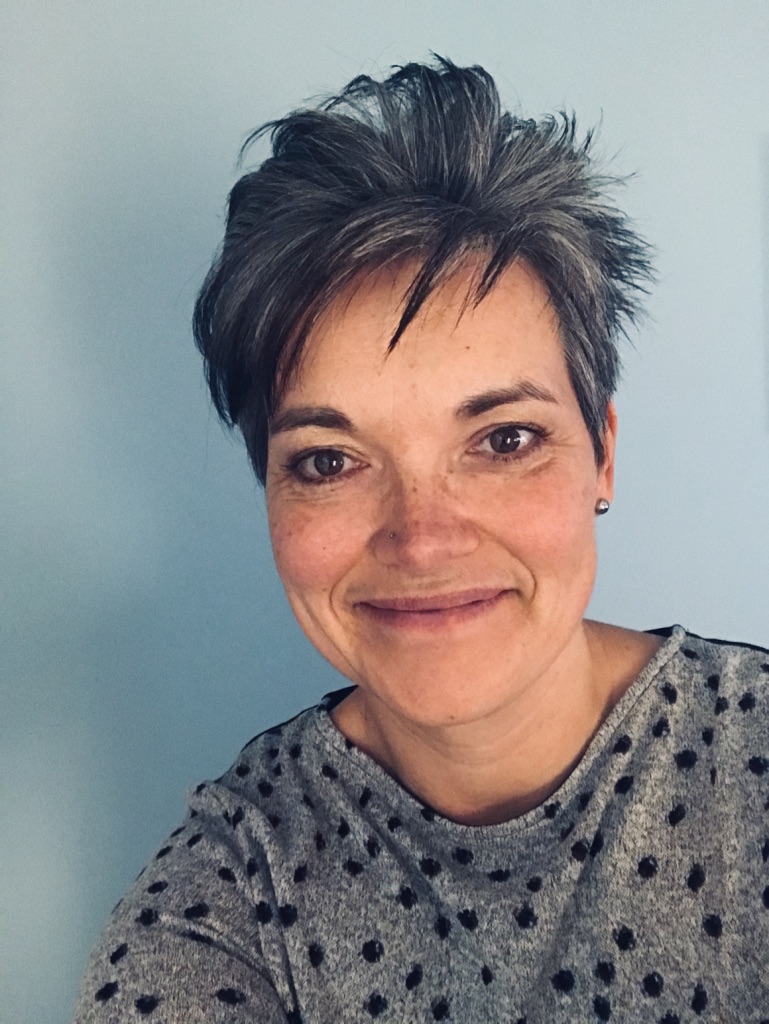By Elaine Smith
A recent Teaching Commons event titled “Why Does Assessment Matter Anyway?” brought together 40 York faculty members and staff this summer to discuss assessment and take the opportunity to view it differently.

“We wanted to consider alternative assessment methods that view it as a tool for learning and a way to help students demonstrate understanding that is more real world,” said Geneviève Maheux-Pelletier, director of the Teaching Commons (TC) at York University. “In addition to the usual final exam or essay, there are methods that are more flexible so that students can more easily navigate what they need to do to be successful in a course, approaches such as flexible deadlines.”
The TC staff introduced a series of video interviews with faculty focused on assessment topics and other online resources – short videos and webinars – topics such as assessment design and a toolkit for undertaking an open-book exam. Valerie Florentin, for example, who teaches in the School of Translation at Glendon College, discussed her use of ungrading, a technique of self-evaluation with reference points. Florentin has a frank discussion with the students about what she is trying to measure when assessing their performance and assigning a grade. Then, she provides criteria and offers some coaching as they assign themselves a fair grade. It is a method she has tried both at Glendon and at the Université Laval, and she will do so again this fall to be able to compare and contrast the outcomes.
Merv Mosher, a long-serving, teaching stream faculty member in the School of Kinesiology and Health Sciences in the Faculty of Health, took a combined mastery grading and specification approach toward evaluating students in his large lecture/lab courses. Mosher said he was tiring of having students worrying endlessly about their grades and was frustrated that they were more concerned about the grade than the course content.
“Teaching Commons convinced me that there are other ways to do things,” he added.
With mastery grading, he set an achievable bar for his students, but allowed them multiple attempts to reach it (i.e., master the information). For instance, each of the weekly quizzes he gave required an 80 per cent in order for the mark to count; they had two additional tries for each quiz.
“The mastery approach is telling students, ‘I’m not interested in average work,’” he said. “I wanted the students to stay current with the material and I wanted them to demonstrate an understanding of the material.”
He employed specification grading for labs, providing students with sample lab reports that demonstrated exactly what they needed to create and submit, removing the guesswork from the experience.
The TC session also included an opportunity for participants to discuss what mattered to them with regard to grading. The conversation touched on issues such as equity, grading at scale for larger groups; academic integrity when students have more freedom (e.g., online tests); and formative learning.

Maheux-Pelletier called the session “very engaging” and noted that educational developers are available for one-on-one consultations with faculty who wish to implement such practices. She also issued an invitation to faculty to join a community of practice called the Assessment Evolution Working Group that she co-chairs with Will Gage, associate vice-president, teaching and learning. It meets every six weeks or so and focuses on assessment, deep learning and thinking about knowledge in a deeper manner – perhaps moving toward a competency-based model.
“The last couple of years when we were teaching remotely triggered conversations about assessment and how it could be done differently,” she said. “A competency-based model may be a good way to address equity and inclusion, since students can be co-designers of assessment tasks and equity components can be built in.”
Gage agreed, noting that it was important to know about other methods of assessing learning.
“We tend to stick with exams because they are what we know,” he said. “If we know there are other methods that are just as good or better at demonstrating competence or mastery and they are more accessible to students, then that is useful information.”
Gage said that he would like to see two outcomes from further consideration of assessment:
- All faculty members having the opportunity to learn more about non-traditional ways of doing assessment; and
- Seeing York acknowledged for breaking new ground and making these methods part of the way faculty teach and help students succeed.
“Our working group has been talking about what courses could look like and what faculty members are doing that is flying under the radar,” he said. “I don’t expect everyone to do these things, but I want everyone to have the opportunity to learn about them, regardless of academic discipline.
“These different approaches to assessment have the potential to be a real game-changer for post-secondary education.”
To join the community of practice, contact Maheux-Pelletier by email at gmp@yorku.ca.


